Sport
Dollar
43,5418
0.04 %Euro
51,4970
0.17 %Gram Gold
6.889,3700
-0.3 %Quarter Gold
12.309,5300
0 %Silver
112,8000
-7.88 %The Russian president pointed to Istanbul as a potential venue for “direct talks” with Kiev. The Ukrainian leader swiftly responded by proposing a face-to-face meeting. Will the twain meet?
For over three years, Russia and Ukraine have been locked in a brutal war, trading bullets and barbs and accusing each other of obstructing peace.
Amid the carnage, Türkiye, a fellow Black Sea nation, has a quiet but persistent determination to offer its good offices for a negotiated settlement of the impasse.
Unlike many Western leaders or China’s Xi Jinping, a close ally of Moscow, Turkish President Recep Tayyip Erdogan maintains cordial relations with both Russia’s Vladimir Putin and Ukraine’s Zelenskyy, as well as with the US President Donald Trump.
These ties appear to have encouraged Putin to propose “direct talks” in Istanbul.
In a classic chess move, Zelenskyy called for a one-on-one meeting in Istanbul. "I will be waiting for Putin in Türkiye on Thursday," Zelenskyy wrote on X. The two leaders of the warring countries haven’t met since 2019. Zelenskyy’s proposal came shortly after Trump posted on social media: “Have the meeting now!”
Putin’s “direct talks” proposition came during an unusually timed 1 am press conference at the Kremlin on Sunday. It followed a high-profile visit to Kiev by the leaders of Britain, France and Germany, who urged Putin to agree to a 30-day ceasefire, a proposal backed by Trump. They warned of increased sanctions if Moscow failed to comply by Monday.
Yesterday, Trump added another element to the Istanbul talks, telling reporters he might attend if he believes “things can happen”. It was a comment widely interpreted as a nudge for Putin to show up.
“Trump made this statement to put pressure on Putin to come to Istanbul. He wants to lure Putin to Istanbul by encouraging him with his potential participation,” says Abdullah Erboga, an Istanbul-based academic and international affairs expert.

US Secretary of State Mike Rubio, who is accompanying Trump on his three-day Middle-East tour, has already confirmed his attendance for a NATO meeting to be held in Türkiye. Putin has yet to commit.
According to Erboga, Trump would not attend unless Putin accepts Zelenskyy’s proposal for a bilateral meeting. “If all three leaders arrive in Istanbul, that would be a potential diplomatic breakthrough for the Russia-Ukraine conflict,” he tells TRT World.
Putin, however, appears more hesitant than Zelenskyy, says Erboga, likely because Russian troops currently have the upper hand on Ukraine, says the political analyst.
The possible presence of all three leaders would also underscore Türkiye’s rising diplomatic influence. “All three leaders have already expressed their trust in President Erdogan’s mediation,” says Erboga.
He adds that Thursday’s meeting, if held, is unlikely to be the last. He says, “there are clear signs Türkiye will continue to host future talks. It shows Türkiye’s increasing mediatory role in international crises.”
Erdogan, who contacted both Putin and Zelenskyy after the Russian leader’s “direct talks” call, hailed the Istanbul meeting. “A new window of opportunity has opened with the recent contacts. We hope that this opportunity will not be wasted,” he said.
Why Istanbul?
Why, suddenly, does Istanbul appeal to both the warring parties as a key actor in the Ukraine-Russia conflict?
“Türkiye is one of the few countries that has maintained diplomatic and economic ties with both Russia and Ukraine. This gives Türkiye unique leverage to mediate between Moscow and Kiev,” says Eugene Chausovsky, senior director for analytical development at the New Lines Institute.
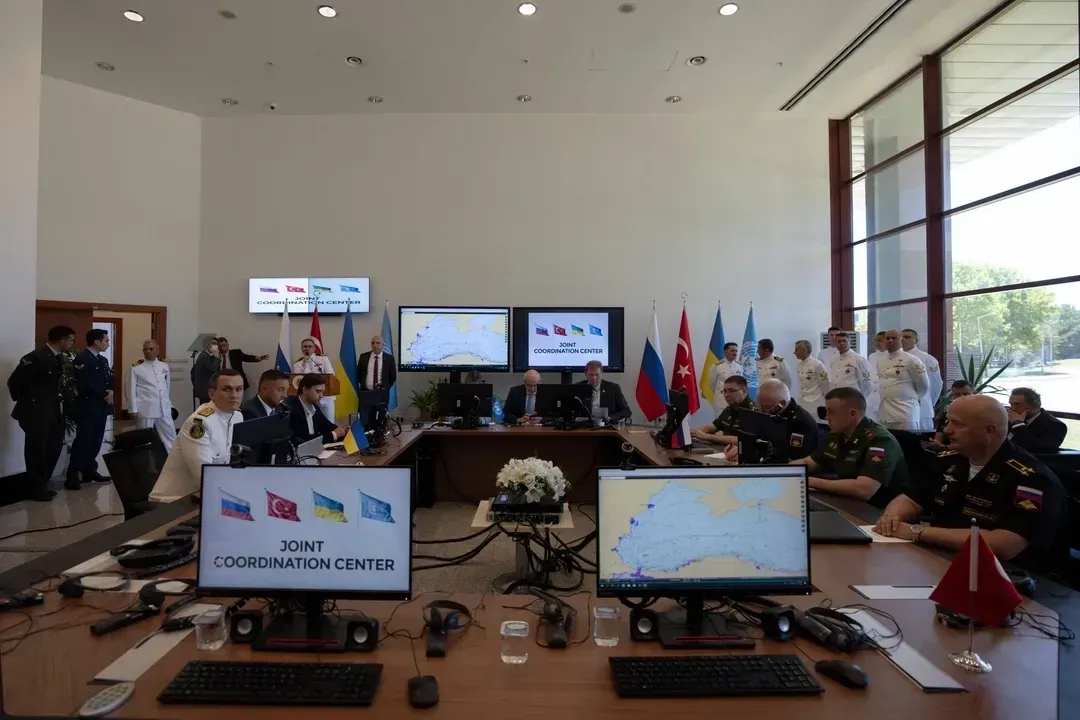
Chausovsky believes Türkiye is likely to “play a significant role in any ceasefire agreement or broader peace deal that could be reached between the two countries.”
The military analyst points out Ankara’s past mediation efforts and its role “in negotiating the Black Sea Grain Initiative, which was the only major diplomatic agreement to be reached and implemented” between Moscow and Kiev since 2022.
“Istanbul was also the site of peace talks between Russia and Ukraine shortly after the start of the war in March 2022. This is why Putin had referenced ‘re-starting’ those talks with Ukraine this week,” Chausovsky tells TRT World.
“Because Putin is satisfied with the draft of the 2022 Istanbul agreements,” he wants to see Ukraine go back “to discussions on this document”, says Oleg Ignatov, a senior analyst on Russia at the International Crisis Group, referring to why Istanbul emerges as a peace destination.
Ukraine is committed to preserving its territorial integrity, while Russia seeks to keep perceived Western threats away from its borders. But both sides lack a trusted, long-term intermediary, Erboga says.
In that perspective, Türkiye emerges as a rare acceptable actor for both sides. “It would not be wrong to say that Türkiye is the only country that wants a just and lasting peace,” says Erboga.
He contrasts Türkiye’s position with past Saudi-hosted talks, which did not yield much gain because Riyadh, unlike Ankara, is not a regional actor. “Türkiye is a NATO member, a Black Sea country, and maintains strong military ties with both warring parties,” he adds.
Erboga also sees a geopolitical motivation in Putin’s move. “Putin saw that a European alliance emerged against Russia and he wanted to break it up by calling a meeting in Istanbul.” Putin does not want Türkiye to join the European alliance against Russia, so by designating Istanbul as a meeting point, he wants to show that Moscow aims to have good terms with Ankara, he says.
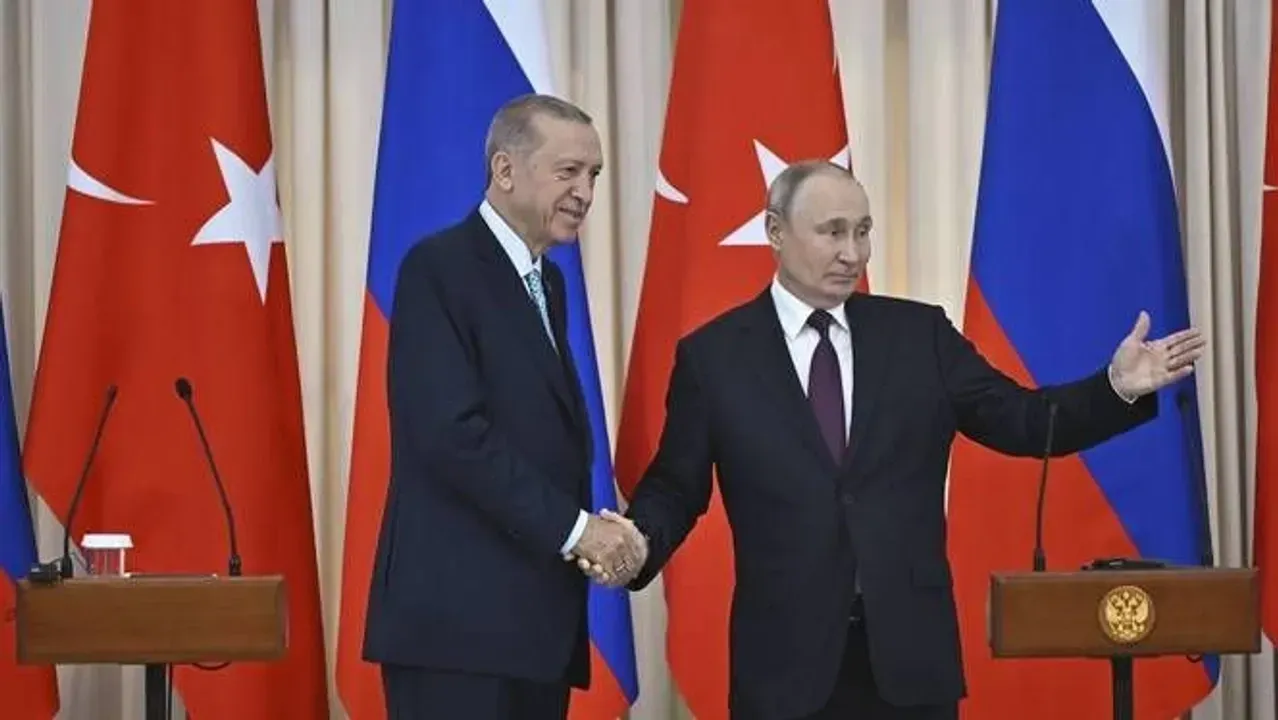
Blame games, high stakes
Trump, who initially claimed he could finish the Ukraine war in 24 hours, complained that “tremendous hatred” between Putin and Zelenskyy is a clear obstacle to real peace. After clashing publicly with Zelenskyy at a tense White House meeting, Trump has also shown signs of anger over Putin’s reluctance to engage.
Since the European trio’s Saturday visit to Kiev, there has been an interesting exchange of chess moves coming from Russian and Ukrainian leaders, aiming to convince Trump that the other side is at fault for not wanting a real peace. “Both sides want to show the US who the uncompromising actor is,” says Erboga.
“Putin came up with the idea of the Istanbul meeting because Russia wants to demonstrate that it’s cooperative with the US,” Ignatov tells TRT World.
“European leaders’ ceasefire call was an attempt to show Trump that Putin does not want peace. But by calling ‘direct talks’ in Istanbul, Putin showed Trump that he is ready for negotiations. In response to Putin, Zelenskyy said, ‘If you are ready for peace, let’s meet in person,’” adds Erboga.
“We are constantly faced with chess moves from both sides.” The ball is now in Putin’s court, Erboga says.
Trump, raising the stakes, added that he would join the Istanbul talks “if I thought it would be helpful.”
Erboga doubts that Putin is eager to meet Zelenskyy alone. But if both leaders fail to show up, Trump may eventually tire of the standoff and hold one side accountable. “He could stop engaging with both sides and decide to punish one for dragging peace talks to move toward a fruitful conclusion,” Erboga says.
Experts do not see that the possible Istanbul meeting could produce an ultimate peace plan, which requires more negotiations and meetings. Erboga sees a new beginning in the Thursday meeting for a potential peace deal.
Ignatov also finds the launch of direct negotiations between Russia and Ukraine “a positive step.”
“Ending a war often requires years of negotiations. We can look back at the experiences of the Korean and Vietnam wars. It's difficult. But it would probably be naive to believe in quick breakthroughs at this point.”
While it is unclear if the Putin-Zelenskyy meeting will bring about an end to the war in the immediate term, “such a meeting could be an important step toward peace,” says Chausovsky.
“The fact that it would happen in Istanbul is therefore significant in both a symbolic and functional sense.”
Comments
No comments Yet








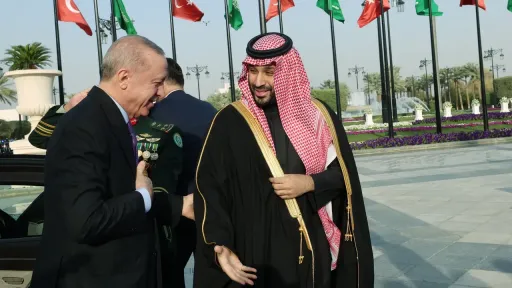
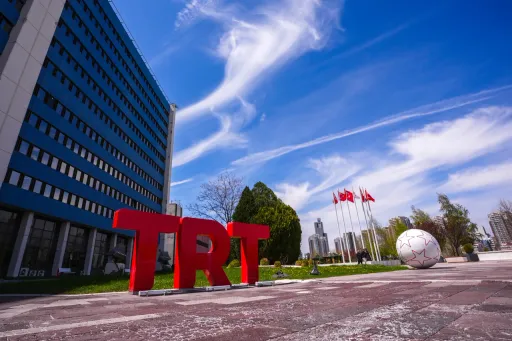
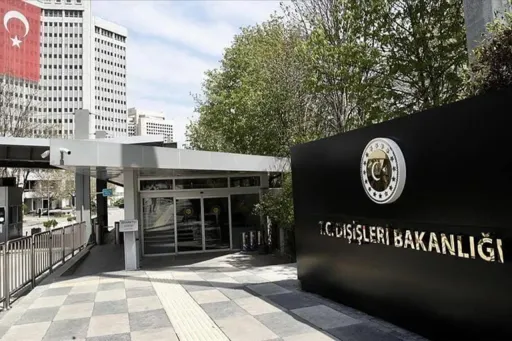
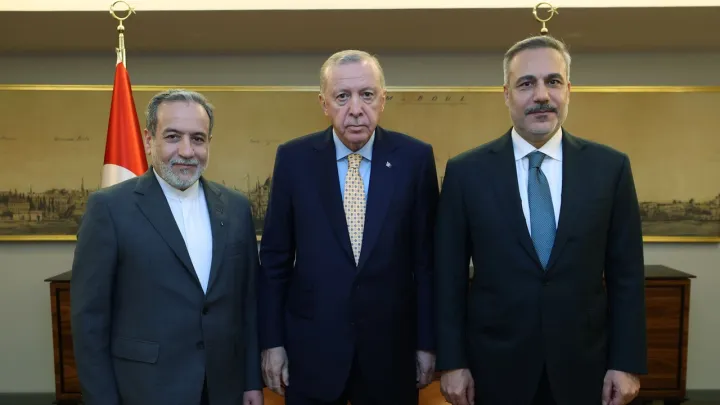








Comment